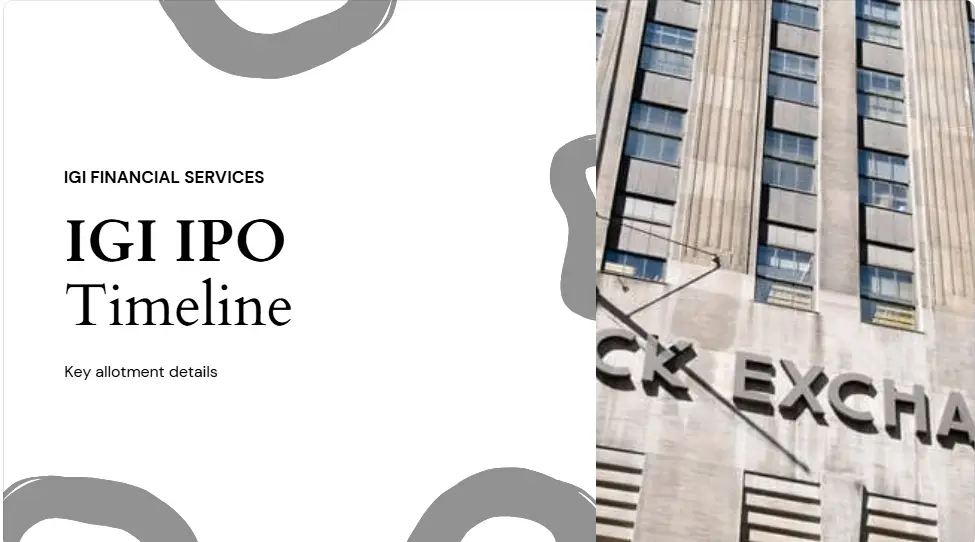Introduction
Hi! Interested in learning about Venture Capital Firms in India? You've landed on the right page. I'm going to walk you through it all—from how VC operates in our nation, to the best funds you should be aware of, to how you (you!) can contact them and get funded. By the end of this, you'll have a clear strategy for VC funding in 2025 and have confidence when talking to investors who can fund your startup ambitions.
What is Venture Capital and How It Works in India
Venture capital (VC) is basically funds invested by investors in early-stage, high-growth ventures in exchange for equity. VC has risen meteorically in India—funds raised in 2021 stood at $38.5 billion (3.8× higher than 2020). This is the usual procedure:
- Venture Capital Company Fundraising: VCs raise capital from big organizations and wealthy individuals.
- Negotiating Deals & Verifying Facts: They look for new companies, examine your business plan, team, and progress.
- Term Sheet & Investment: If they are satisfied with what they see, they send a term sheet indicating how much money, valuation, and governance terms.
- Scaling Support: Besides money, VCs often give advice, connections, and more funding later.
- Exit: VCs seek to exit through IPO or acquisition, returning multiples to their investors. (Changed "Leave" to "Exit" for clarity)
Significance of Venture Capital for Indian Startups
I've witnessed first-hand how VC can supercharge growth. Here's why it's important:
- Access to Big Money: Early-stage grants can do little for you. Venture capital funding enables you to employ talented individuals, develop products, and expand markets.
- Mentorship and Networks: Most of the Venture Capital Firms in India have unicorn-building partners. Drawing on that experience is invaluable.
- Signal to Market: A solid VC sponsor with you improves your standing with customers, talent, and potential investors.
- Follow-On Rounds: After you've impressed one great fund, other funds will want to invest in Series A, B, C…
Also Read: AMC SIP Meaning, Full Form & SIP Comparison Guide
Indian Venture Capital Market 2025: What Can Be Expected
By 2025, I believe India's VC ecosystem will further broaden into other industries:
| Metric | 2021 | 2022–23 Outlook |
|---|---|---|
| VC Investment | $38.5 Bn | $45–50 Bn (estimated) |
| Number of Unicorns | 44 in 2021 | 60+ |
| DPIIT-Approved Startups | ~117,000 | 140,000+ |
| % from Tier-2/3 Cities | ~50% | 55% |
Market Growth Outlook (VC Investment & Unicorns)
India’s next big growth will be in Ag-tech, deeptech, and climatetech—so watch for Venture Capital Firms in India that focus on these areas.
Top Venture Capital Firms in India
| Firm | Industry Focus | Investment Stage | HQ City | Region | Website |
|---|
Sector-Wise Investment Trends
Let's learn where the money is going:
- Fintech & Insurtech: ~20% of overall VC deals.
- Enterprise SaaS & Analytics: ~15%.
- Healthcare & Life Sciences: ~12%.
- Ag-tech and climate are growing from 5% to about 8% share.
- DeepTech (AI / Robotics / IoT): currently ~10%.
Sector-Wise Investment Distribution (Approx.)
How to Speak with VC Firms
- Do your homework.
- Align your presentation with their portfolio themes.
- Understand their average ticket size (₹1–5 Cr seed, ₹10–50 Cr Series A).
- Leverage Connections.
- Leverage mutual connections—VCs get cold inbound all day.
- Hone Your Pitch Deck.
- Problem → Solution → Market Size → Traction → Team → Ask
- Be Data-Driven.
- Display KPIs: MRR, CAC, LTV, burn rate, runway.
- Follow-Up Thoughtfully.
- Send brief email updates, thank them for feedback, and demonstrate progress.
The VC Funding Process in India
- Agreement Document: Define key terms: Valuation, liquidation preferences, board seats.
- Due Diligence: Financial, legal, tech, IP screening. (Changed from "Careful Checking")
- Closing: Complete sign/share subscription agreement, transfer money, issue shares. (Changed from "Conclusion")
- Post-Investment Support: Regular board meetings, mentorship meetings, customer introductions and hires.
Structure of Venture Capital in Major Cities
- Bengaluru: VC capital of India (~40% of deals).
- Mumbai: Consumer & fintech transactions.
- Delhi-NCR: SaaS, edtech, healthcare.
- Chennai / Hyderabad: DeepTech, MedTech, and semiconductors.
- Pune / Ahmedabad: Potential manufacturing tech and ag-tech hubs.
How to Pitch to a Venture Capitalist
I've discovered that the strongest presentations contain fewer than 10 slides, are built upon simple stories, and always conclude with a strong ask:
"I'm raising ₹5 Cr with a ₹50 Cr pre-money valuation to…"
Explain exactly how you will spend the money: team recruitment, product development, marketing. Expect their questions: competition, road to profitability and exit potential.
FAQs Regarding VC Firms in India
A: Seed rounds are typically ₹1–5 Cr; Series A up to ₹10–50 Cr or more, depending on traction.
A: Generally 4–8 weeks, though it may be longer depending on complexity and response.
A: Yes, they will all demand at least one board observer or director's seat in return for meaningful investment.
A: After you have an MVP with some initial revenue or users—VCs need to see proof of product-market fit.








Pingback: List of Top 20 Venture Capital Firms in India
Pingback: VC Funding in India: How to Raise Capital in 2025
Pingback: Venture Capitalists in Delhi: Top Investors & Funding Networks